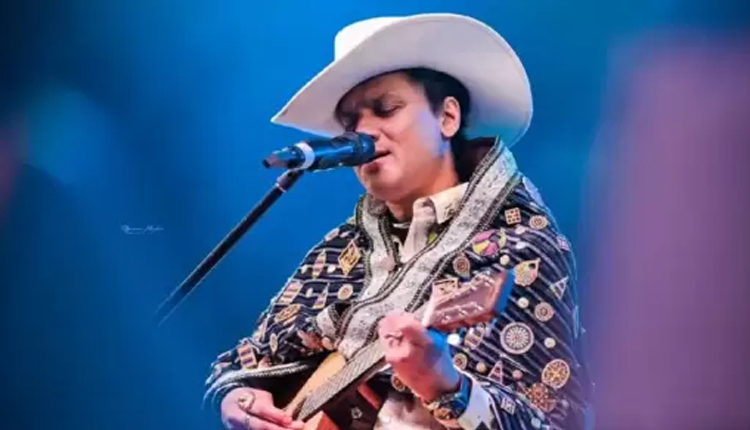Tura: Renowned Assamese singer, composer and cultural icon Zubeen Garg passed away in Singapore on Friday following a tragic scuba diving accident during his visit to a Northeastcultural festival. He was 52.
The news has left fans across India and the Assamese music fraternity in mourning, as tributes pour in for the man who redefined regional music and made a mark in Bollywood.
Born on 18 November 1972 in Tura, Meghalaya, Zubeen Garg began his musical journey at the tender age of three, learning the basics from his mother. By age 11, he was training under Pandit Robin Banerjee and later under Rumani Rai, who introduced him to Assamese folk music. His early exposure to diverse musical traditions laid the foundation for a prolific career that spanned over three decades.
Zubeen was a musical prodigy — capable of playing 12 instruments and recording over 30,000 songs in multiple languages, including Assamese, Hindi and Bengali. At just 13, he composed and sang his first song, and by 19, he released his debut album, Anamika, in 1992. After gaining popularity in Assam, he moved to Mumbai in 1995 and launched his first Indi-pop solo album, Chandni Raat, followed by hits like Jalwa, Yuhi Kabhi, Jadoo, and Sparsh.
His Bollywood breakthrough came with the song Ya Ali from the film Gangster (2006), which earned him the Global Indian Film Award (GIFA) for Best Playback Singer. He went on to lend his voice to several hit tracks, including Jaane Kya Chahe Mann Bawra, Jeena Kya Tere Bina, Dil Tu Hi Bata, Dard-e-Dil, and Dil Toh Deewana Hai. His versatility and emotive singing style made him a favourite among music directors and fans alike.
Beyond music, Zubeen was deeply involved in philanthropy. He founded the Kalaguru Artist Foundation, which provided aid during Assam’s floods and the COVID-19 pandemic. He was also active on social media, with over 9 lakh followers, using his platform to raise awareness and support for social causes.
In 2002, Zubeen married fashion designer Garima Saikia, also from Assam. The couple remained closely connected to their roots, often participating in cultural and charitable events across the state.
Zubeen Garg’s untimely demise marks the end of an era in Indian music. His contribution to Assamese culture, his crossover into Bollywood, and his humanitarian efforts have left an indelible mark. As fans mourn his loss, his songs continue to echo in the hearts of millions — a timeless tribute to a life lived in melody.



Comments are closed.